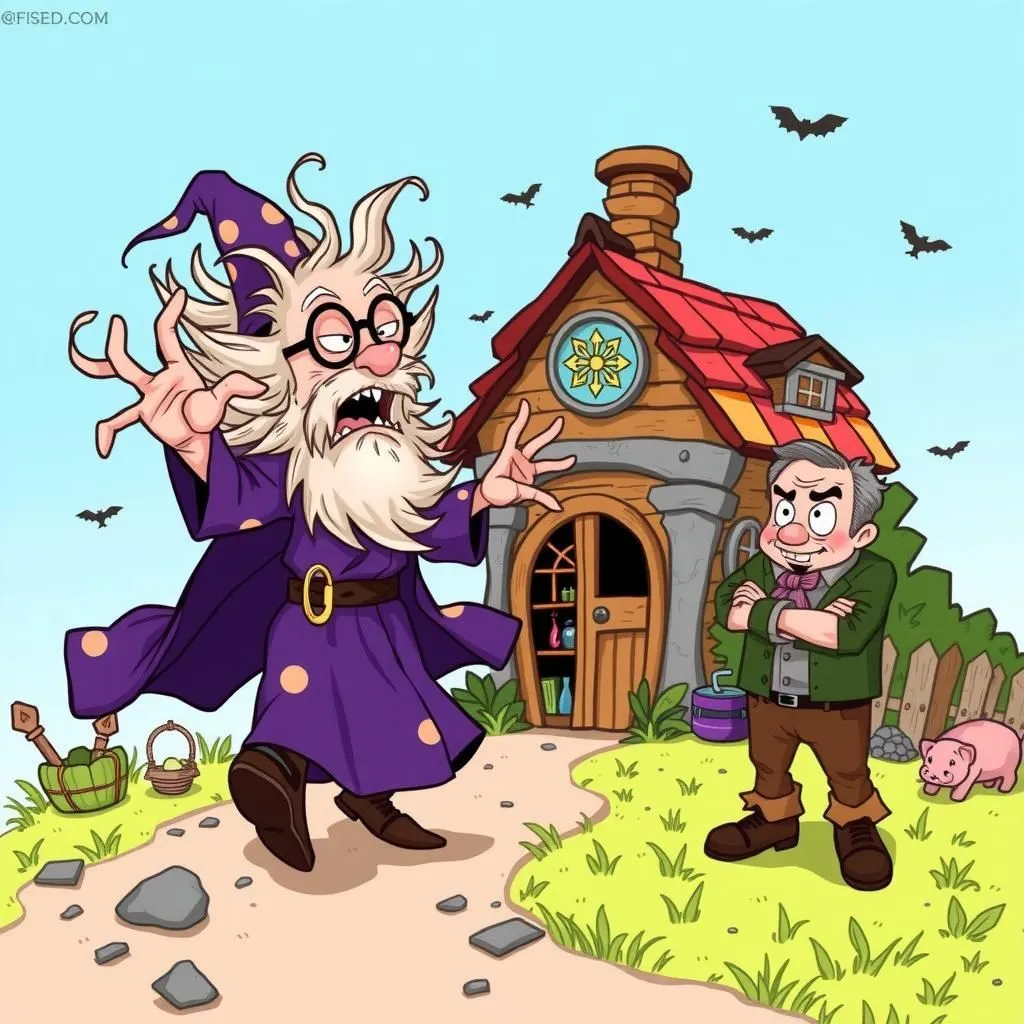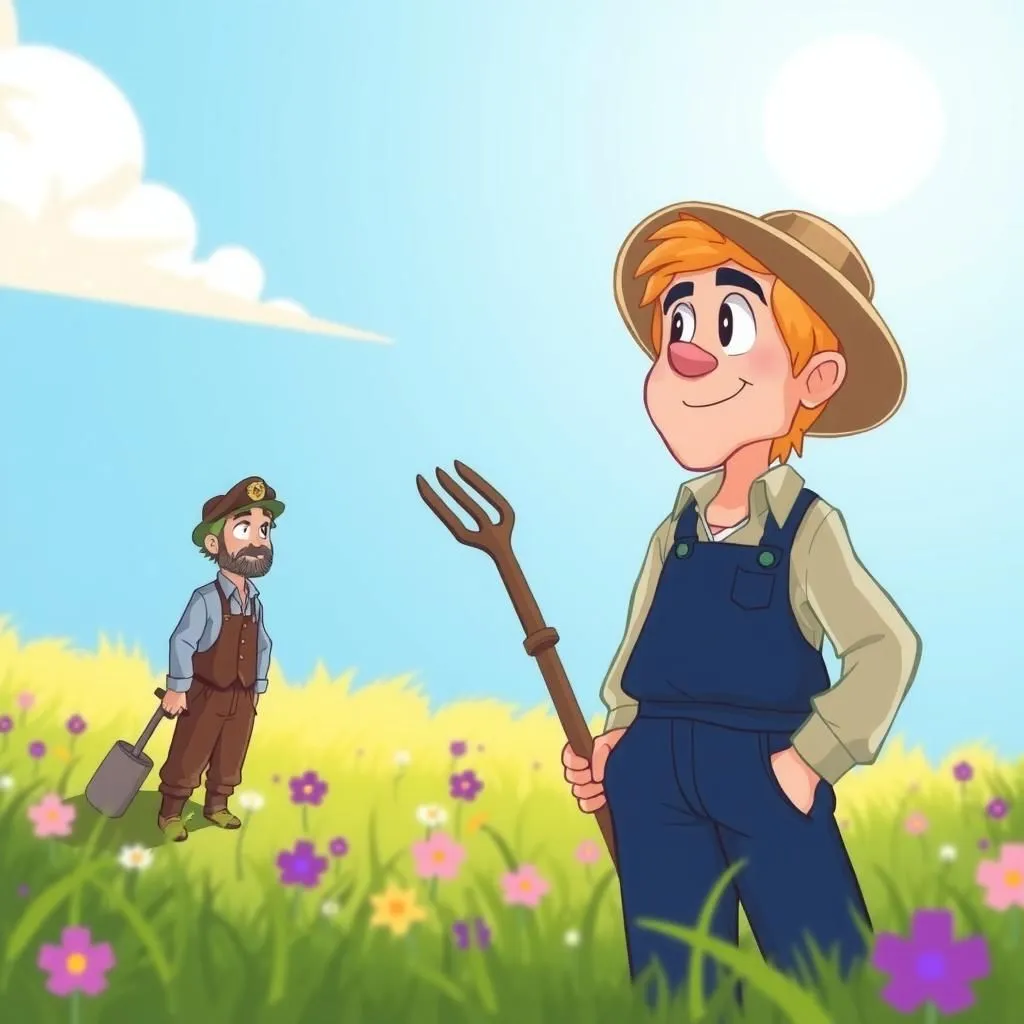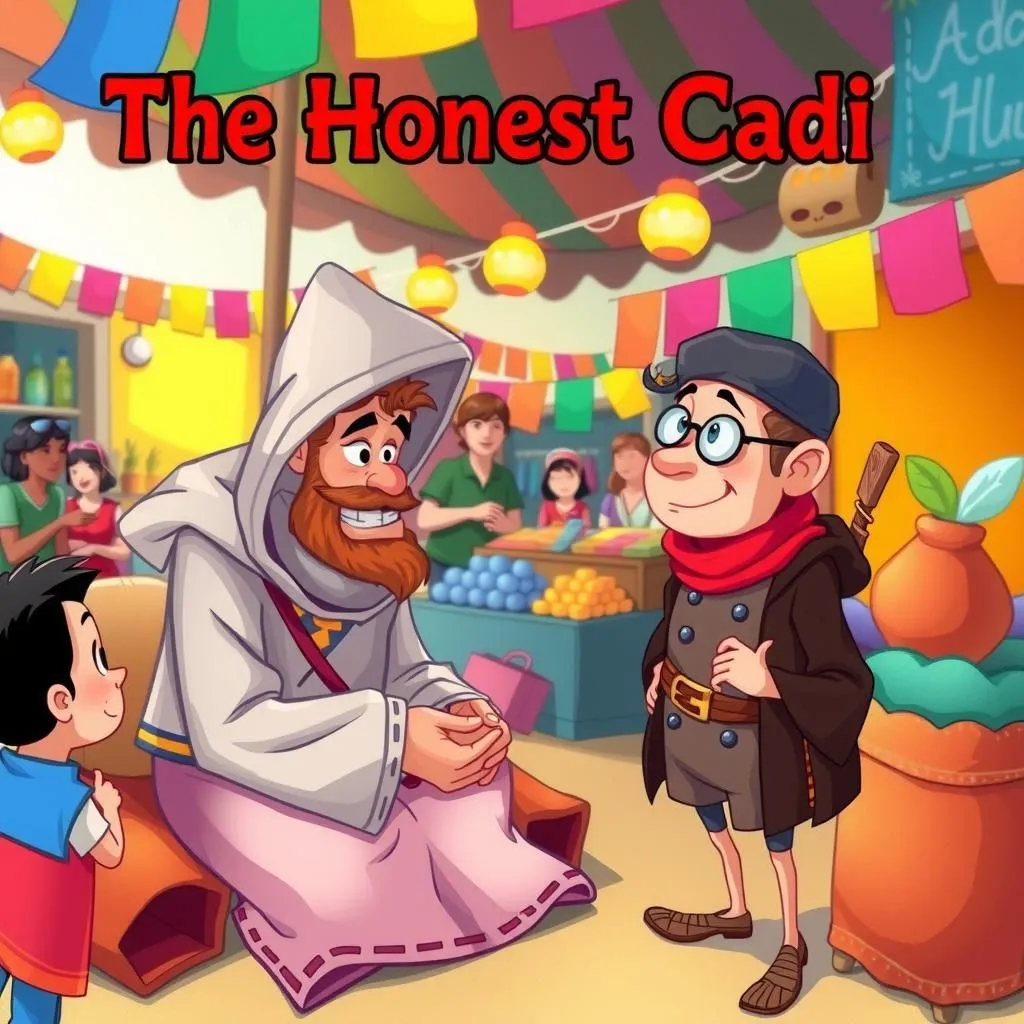
The Prophet
In "The Prophet," a wizard known for telling fortunes faces a moment of irony when he learns his house is being robbed, despite his ability to foresee the futures of others. As he rushes to save his belongings, a mocking neighbor questions why he couldn't predict his own misfortune, highlighting a powerful lesson about the limitations of foresight. This simple short story with moral serves as a reminder of the importance of personal awareness and growth, making it one of the best moral stories for students.


